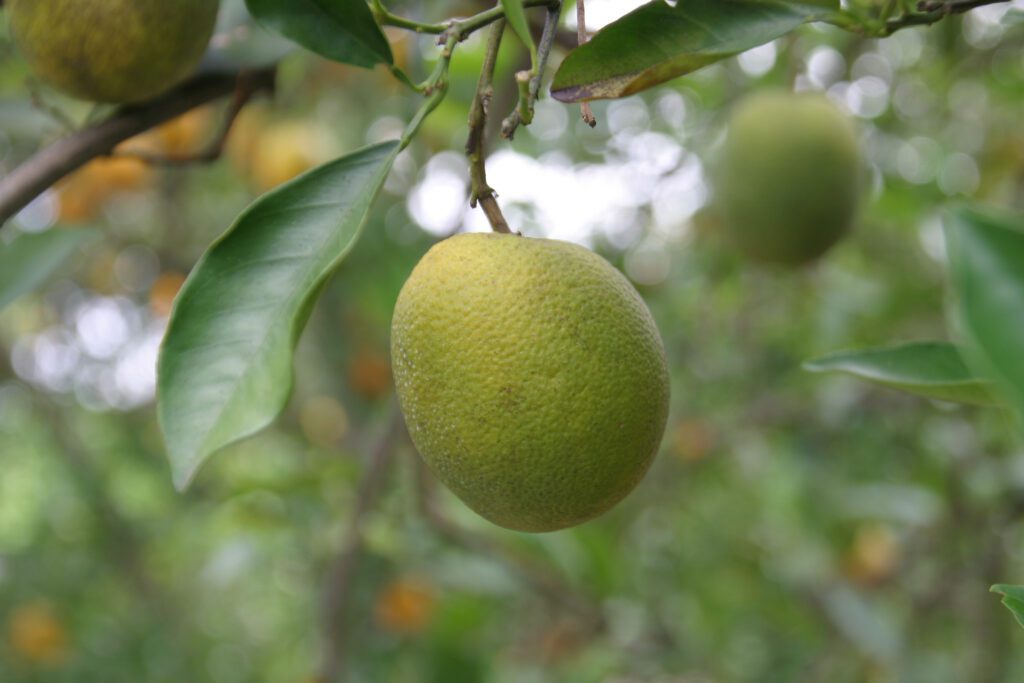Donating funds for research to help eradicate greening
On August 19, 2014 the University of Florida announced Coca-Cola’s plans to donate a generous 1.5 million dollars for citrus research. Coca-Cola is the world’s largest beverage producer, and they have promised to distribute a 1.5 million dollar gift in increments of $500,000 over the next three years. The Citrus Research and Development Foundation (CRDF) plans to use this money to fund sustainable research labs, which focus on eliminating the biggest threat to citrus and Florida’s $9 billion citrus industry— the disease known as citrus greening.
This is not Coca-Cola’s first act of generosity to the CRDF and the University of Florida’s greening research programs. The first $1.5 million donation was used by several different research programs, which focused on the Asian citrus psyllid, the insect responsible for the spread of citrus greening. Greening has caused the destruction of millions of trees in the United States, primarily in Florida; the psyllid feeds on the phloem and infects the tree with a bacteria, sometimes killing the tree within a few years. The effects are particularly devastating in our Central Florida groves.
Managing greening infected trees currently means destroying the tree to prevent the spread of the disease; this funding will help research programs at the Citrus Research and Education Center in Lake Alfred, for example, which focus more specifically on other methods, such as inhibiting the psyllids or creating a greening-resistant rootstock.
Jack Payne, UF senior vice president for Agriculture and Natural Resources, explains that when the fruit production is low, so is the funding. State funding for research is generated by the box tax, for which growers pay three cents per box of fruit produced; but with the yields being so low for the last few seasons due to greening, the funding generated is not sufficient to tackle this problem. He explains that UF research labs will still have to write grants to compete to get the most funding from the Coca-Cola donation. “Currently, the most interesting research involving eradicating greening focuses on the development of a greening tolerant rootstock,” states Payne.
Coca-Cola’s most recent generous donation will, according to Payne, “allow the Institute of Food and Agricultural Sciences researchers to move farther, faster, as they work to find a cure for citrus greening.” He continues, “This is a hugely welcomed donation, and I’m excited to compete and collaborate with the top scientists in the field to work on solving the greening problem.” The whole citrus industry and the University of Florida research centers are very appreciative of Coca-Cola’s generous gifts, getting us one step closer to the eradication of greening.
CREDITS
story by JULIE GMITTER

